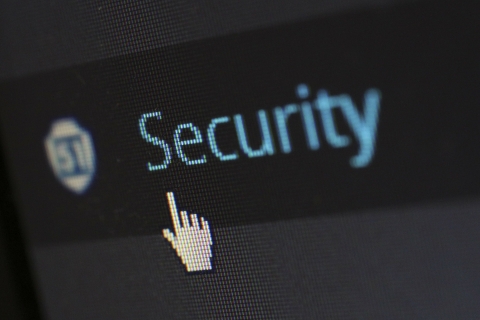For the third consecutive year, the Mozilla Foundation , responsible for the browser Firefox and other projects in defense of Internet users, publishes a new Internet Health Report, which analyzes five network indicators
to consider as Internet users offering a diagnostic for each one of them.
In Mozilla's words, "Only recognizing where the system is healthy can we take positive steps to strengthen it. Understanding where the risk is, we can avoid actions that weaken it ». Hundreds of readers have contributed their contributions and more than 200 experts have collaborated.
The report analyzes some major issues that relate to privacy
and security
on the Internet, digital inclusion
web literacy
Is it safe?
In terms of security and digital privacy, the report highlights the of the largest Internet companies: sell our data.
By 2018, the data analysis company, Cambridge Analytica, compiled data from millions of Facebook users for political purposes, including influencing the UK and US elections.
In relation to this fact, the report analyzes streaming music services that recommend using algorithms, songs based on what we have previously heard. Thousands of free Android Apps compile and sell user data to large companies such as Alphabet (Google), Facebook, Twitter, Verizon, Microsoft and Amazon.
>Regarding the security field, Mozilla warns of ransomware software, malicious links that base its operation on hijacking computers in exchange for a payment that affects companies and organizations with an old infrastructure such as hospitals or the aviation industry. You can buy and customize easily. It is unknown how many people and companies have been affected but the network security company Son-icWall accounted for more than 200 million attacks worldwide in 2018 and Cisco estimates that every 40 seconds a company is a victim.
It also warns of the importance of having good passwords for our user accounts. These must be 8 or more characters and have to combine letters, symbols and numbers and recommends using password generators.
Is it open?
The Internet is transforming because it is open and everyone can participate in it but this opening has no guarantees and is continually threatened, Mozilla says. In relation to this fact, some problems arise, such as the use restrictions
that make governments around the world, such as censorship of social networks or silence dissent, blackouts or Network speed downloads, etc.
Large technology platforms shut us down as users on proprietary and restrictive systems but not all is bad. Entities and users who push for an open and free Internet are pushing to create more transparent structures based on open data.
An interesting project in this field is OpenAI , Open Artificial Intelligence, a model that can benefit to companies and individuals. It also warns of new challenges such as deepfakes
, multimedia content where relevant people like politicians or rulers say or do things that they have never really said or done.
Is it inclusive for everyone?
In this section, Mozilla highlights the need to create an inclusive and non-discriminatory network
and analyze how some large companies like Amazon or A.I. They are providing data on partial or defective facial recognition for police agencies. In the US, users and employees of these companies require companies to take ethical positions and cancel their contracts with the Immigration and Customs Control Service.
In addition, the report analyzes the situation of violation of rights of companies that manufacture smartphones and other electronic devices that we use in our daily lives in countries such as China, Malaysia or Brazil, as well as the work done by employees Facebook or Twitter to moderate violent, aggressive or unpleasant content.
Can we use it responsibly and critically?
Mozilla claims that connectivity is itself not the most important, if not we have to learn to read, write and participate in the digital world responsibly
Analyze some practices, such as publications and information given by some parents about their children in social networks, violating their privacy, and how much of this content is used by large networks of pornography children around the world or the increase in the time spent online and how many hours we dedicate to certain Apps and how they are specially designed.
Who controls the network?
Eight companies have great power throughout the Internet: Google, Facebook, Microsoft, Amazon, Apple, Baidu, Alibaba and Tencent. The vast majority of users around the world are now in daily contact with more than one of them. In 2018, Google and Facebook controlled 84% of the global digital advertising market outside of China.
As you increase awareness of the questions and otential risks of current systems , you also have the means to help us understand how to use it in an ethical and sustainable way. Mozilla tells us that there is an "opportunity for people who create technology to encourage positive and pleasant online experiences" and highlights projects and collaborative ownership platforms, decentralized products and protocols such as Nexcloud , alternative cloud storage software in Google Drive or Dropbox.
For more information on these topics, read the full version of the Mozilla Internet Health Report through this link
ç or access the version at PDF to download . It is only available in English.



